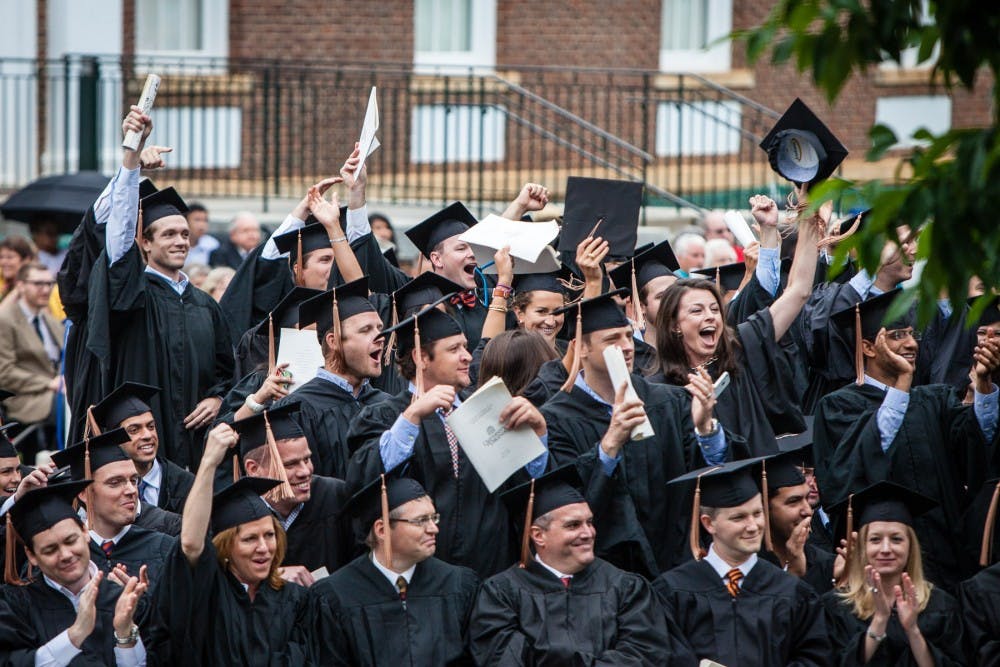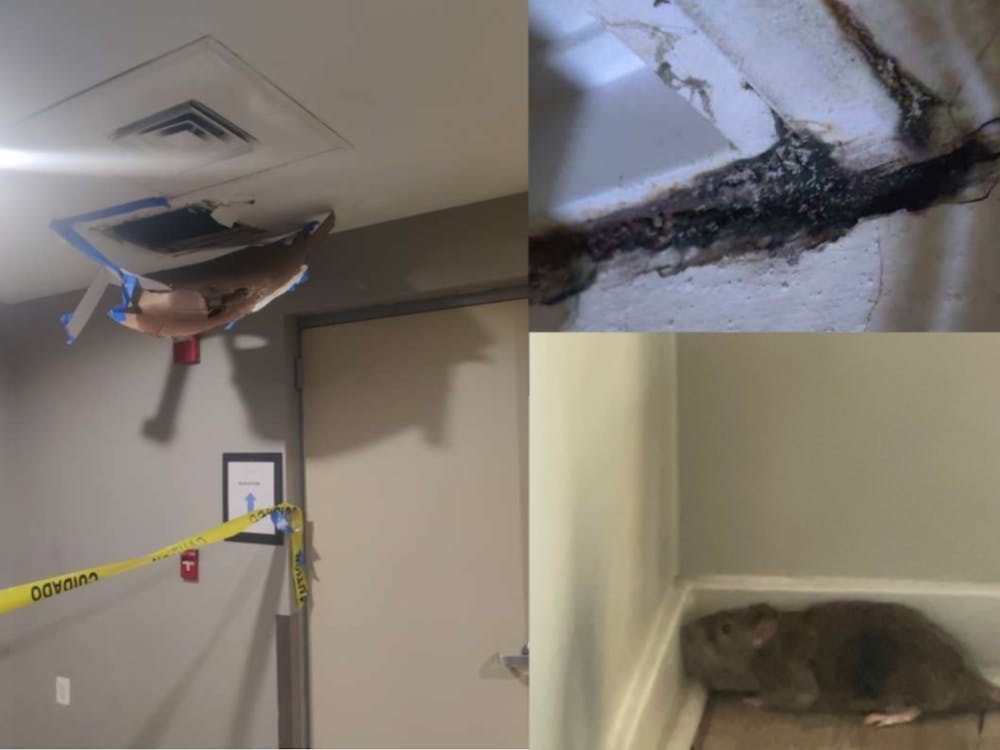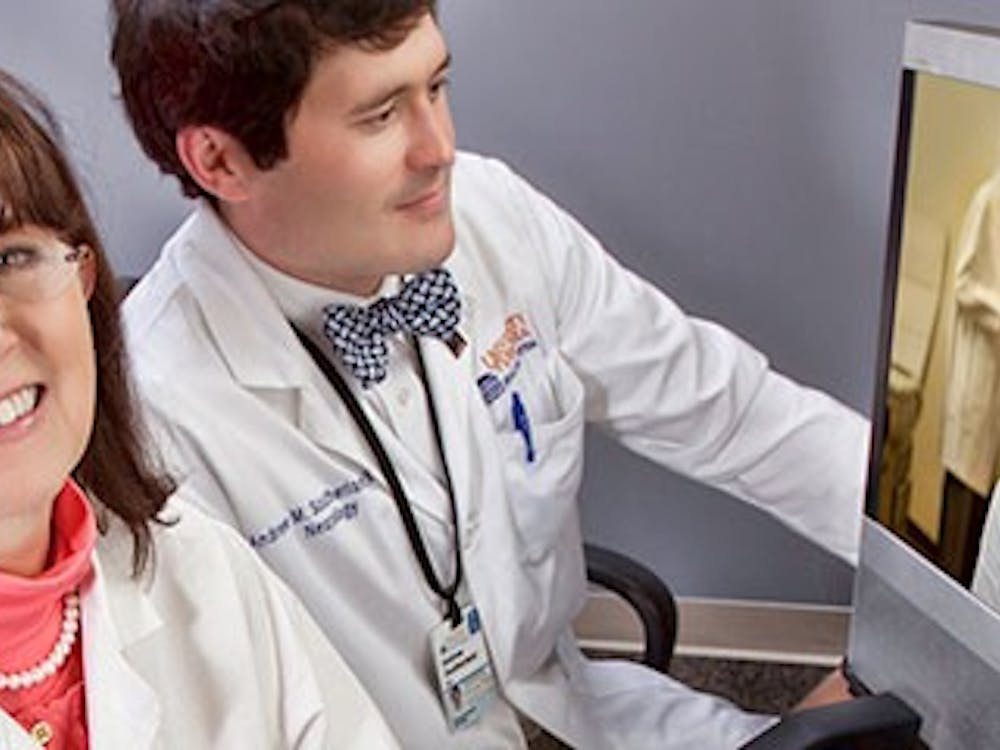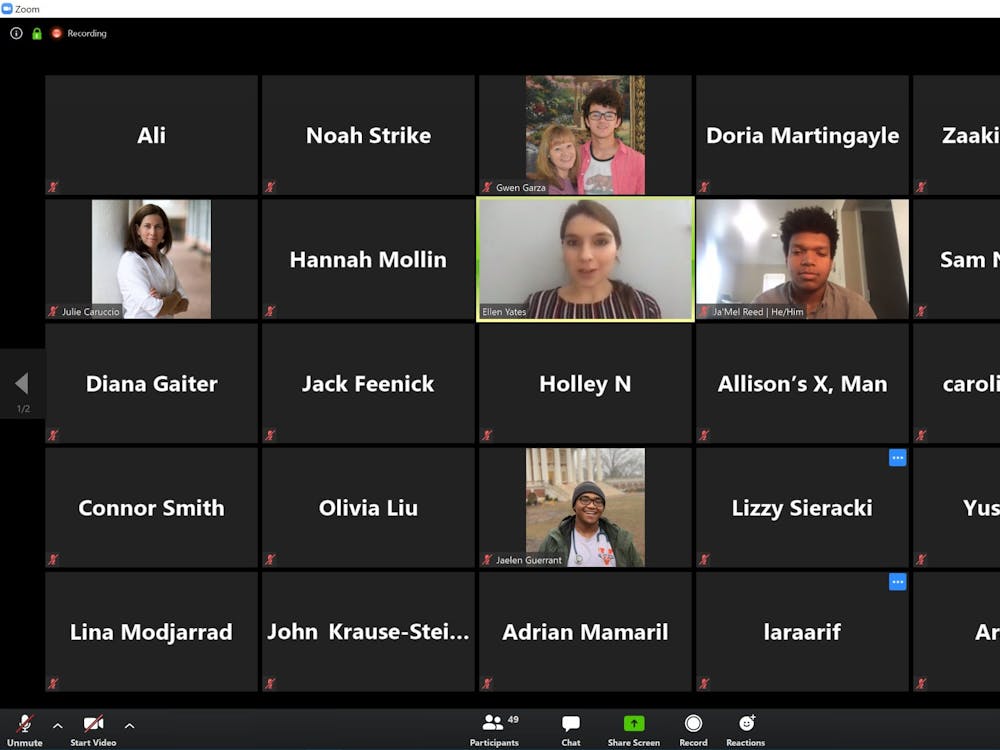For most first- and second-years, the long trek to Bryant Hall to visit the University Career Services office may be an unfamiliar one. The reasons often vary: the need to find a job feels far off, the divergence from Central Grounds seems needlessly lengthy, and some haven’t even heard of or considered UCS in the hunt for jobs or internships.
Many students, upperclassmen included, will never have the need to visit Bryant. Those enrolled in Engineering or Nursing schools, or who have elected to matriculate into the Commerce, Education or Batten schools, have access to separate career services tailored to the specifics of their education.
Aside from saving them the long walk, do these specialized career services offer any particular advantages to students?
Out of all of the University’s schools, the Commerce School boasts the highest undergraduate job placements. In 2013, according to the Commerce Career Services 2012 Destinations Report, 86 percent of the students who graduated with a Bachelor of Science in Commerce accepted full-time employment.
To provide its students with future workplace opportunities, the Commerce Career Services holds its own career fair in September, to which different companies send representatives in an effort to recruit students.
In addition, the Commerce Career Services hosts several employer-in-residence programs, through which students are exposed to professionals from different industries. These professionals critique resumes, hold mock interviews and inform students about the job search and internship process. The companies themselves fund such programs, as it helps them to establish their presence and boost brand value, as well as recruit the most talented individuals.
Fourth-year Commerce student Mike Rusie said career services’ role in cultivating relationships between students and companies before graduation is critical. “The biggest impact [career services] have is getting employers in the door to give us face time with those that we wouldn’t otherwise have access to,” he said.
These efforts seem to be paying off, as nearly three quarters of 2012 Commerce graduates used career services programming as part of their job search.
The most popular destination for Commerce graduates is the financial sector — 48 percent in 2012 — followed by consulting jobs, at 31 percent, according to the report.
The median base salary of a Commerce graduate in the financial services track was $70,000, compared to an overall median of $38,000 for 2012 College graduates.
The Engineering School’s Center for Engineering Career Development boasts a similar track record, and it employs similar methods for exposing their students to different industries and firms.
A survey conducted by the CECD found that the median base salary for an Engineering student graduating in 2012 was $65,000. Consulting again was one of the most popular industries, with Accenture, Deloitte and Booz Allen Hamilton being the top three recruiters.
CECD plays a major role in this job placement, with 41 percent of accepted job offers coming from through the center’s programming.
“One major advantage of the Engineering School is that students are exposed and encouraged to work with CECD from the beginning,” said Peggy Reid, an employer relations manager with CECD.
The center gives presentations in each section of the required first-year seminar, “Science, Technology and Society.” As a result, students are exposed to CECD from the beginning of their time at the University, and they can begin forming relationships with advisors in their first year.
The Curry and Batten schools also have teams committed to helping their respective students find jobs and internships in their specialized fields.
But for College students, who make up 71 percent of the undergraduate population, existing career services attract less attention. In UCS’ 2012 survey, more students said internships, friends and family members were most helpful in securing employment than any of the University’s career services, including CAVLink job listings and On-Grounds Interviewing.
The UCS office has worked to increase its presence on Grounds — evening opening up space in Monroe Hall, with drop-in hours for general advising as well as advising specifically for those on the pre-law or pre-health tracks.
They also offer career fairs, and are responsible for much of the programming and employer events offered across Grounds and On-Grounds Interviewing program..
But even with regular email blasts, presentations at first-year dorms and various organizations, and peer advisors to help spread the word about UCS to their classmates, participation remains low.
The College does lack a first-year seminar to disseminate the word about career services like its Engineering School counterpart — but for students who are lucky enough to hear about UCS in the classroom, the exposure can make a huge difference.
Second-year College student Hanna Stanley, who had a UCS representative speak to one of her classes, has already made her first trip to Bryant Hall as a result. “[Otherwise] I probably wouldn’t have taken it upon myself to go over there and visit,” she said. “I always ignore my emails for UCS, and going in there helped to see how helpful it could actually be.”





